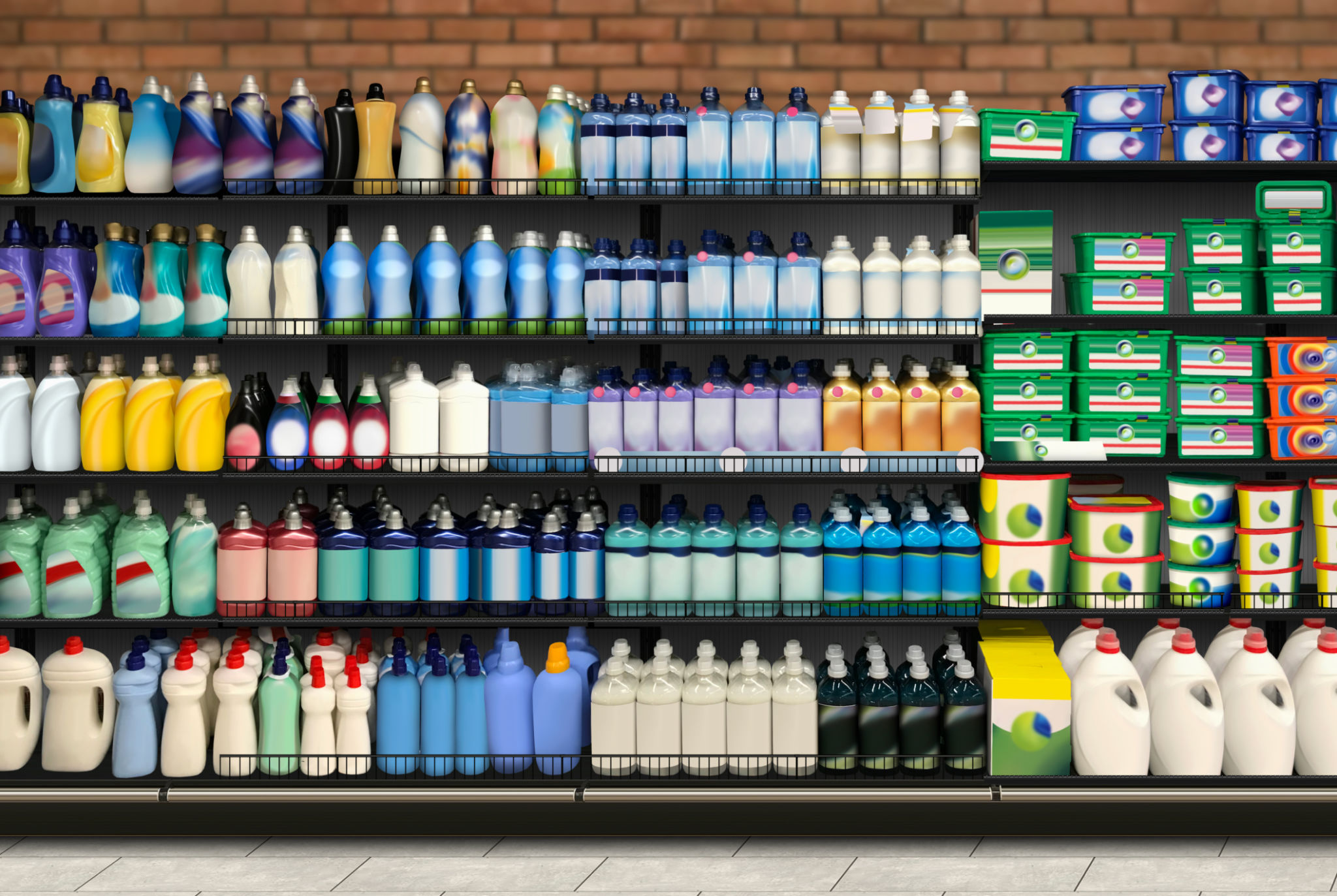Common Laundry Myths Debunked: What You Really Need to Know
Introduction to Common Laundry Myths
Laundry is one of those household chores that everyone has an opinion on. Over the years, numerous myths have emerged about the best practices for doing laundry. But how many of these are actually true? In this blog post, we aim to debunk some common laundry myths and provide you with accurate information to make your laundry routine more effective.

Myth: Cold Water Doesn’t Clean Clothes Properly
One prevalent belief is that only hot water can effectively clean clothes. While hot water can be beneficial for removing tough stains and killing germs, modern detergents are designed to work just as well in cold water. In fact, using cold water can help preserve the color and fabric of your clothes, making them last longer.
Moreover, washing with cold water saves energy and reduces your utility bills. So, unless you're dealing with particularly stubborn stains or need to sanitize items like bed linens, cold water is usually sufficient.

Myth: More Detergent Equals Cleaner Clothes
It's a common misconception that using extra detergent will result in cleaner clothes. In reality, using too much detergent can lead to soap residue build-up, which can trap dirt and bacteria, leaving your clothes less clean over time. This residue can also cause skin irritation and damage your washing machine.
To avoid this issue, always follow the manufacturer's instructions on the detergent packaging. Additionally, consider using high-efficiency (HE) detergents if you have an HE washing machine, as they are formulated to produce fewer suds while cleaning effectively.
Myth: Fabric Softeners Are Necessary for Soft Clothes
Many people believe that fabric softeners are essential for keeping clothes soft and static-free. However, fabric softeners can actually reduce the absorbency of towels and damage certain types of fabrics, such as athletic wear and microfiber.
Instead of relying on fabric softeners, try using dryer balls or a small amount of vinegar in the rinse cycle. These alternatives can help soften clothes without the potential downsides associated with fabric softeners.

Myth: Dry Cleaning Is Always Better for Delicates
While dry cleaning is necessary for certain fabrics like silk and wool, it's not always the best option for all delicate materials. Many delicate items can be safely washed at home using a gentle cycle and mild detergent. Always check the garment's care label for specific instructions before deciding on dry cleaning.
For those items that do require professional care, it's essential to choose a reputable dry cleaner to ensure your clothes are handled properly.
Conclusion: Rethinking Laundry Practices
By debunking these common laundry myths, we hope to empower you with the knowledge needed to make informed decisions about your laundry routine. Remember that every fabric and garment is unique, so it's important to tailor your approach based on individual care instructions and needs.
Embrace these insights and enjoy cleaner, longer-lasting clothes while saving energy and money in the process!